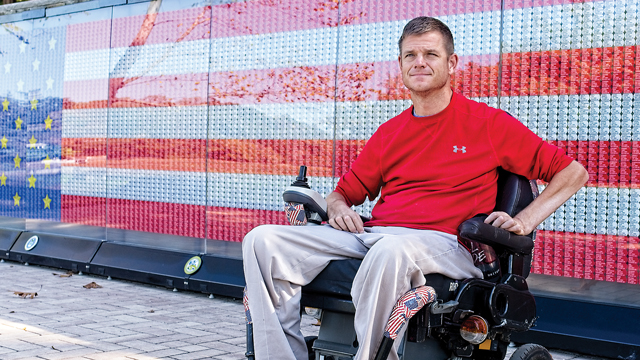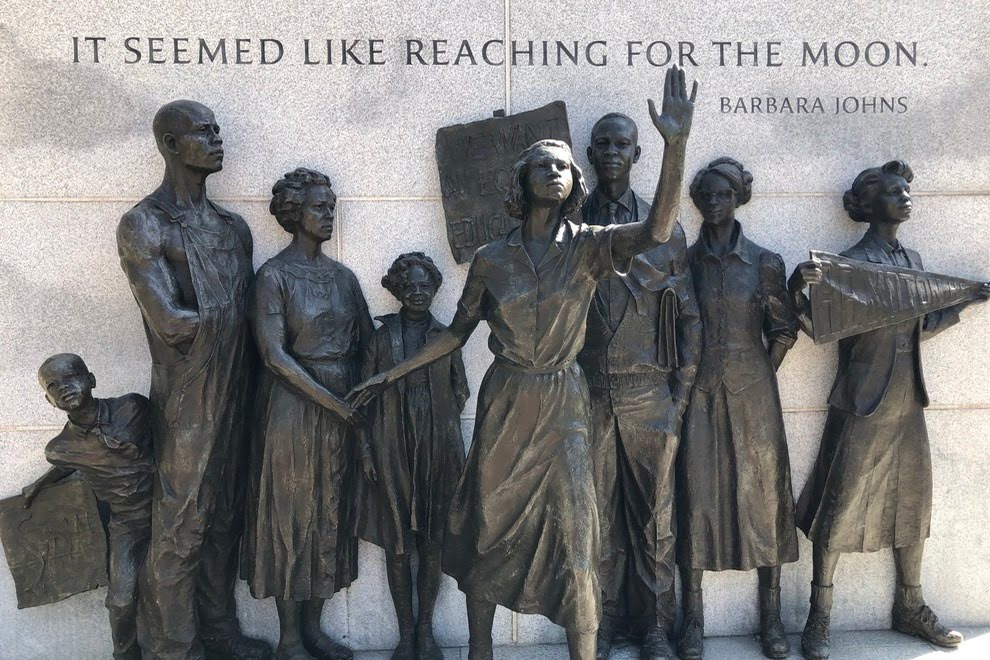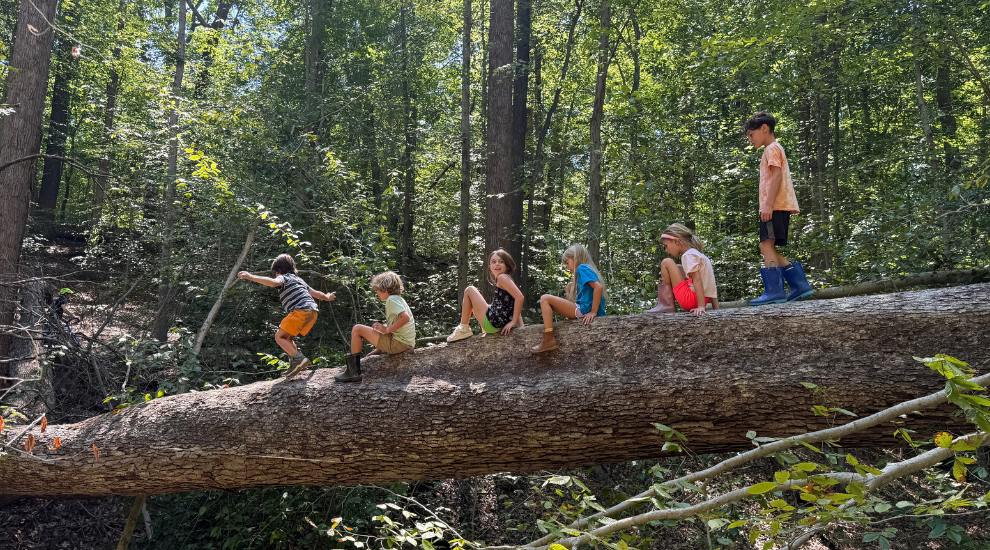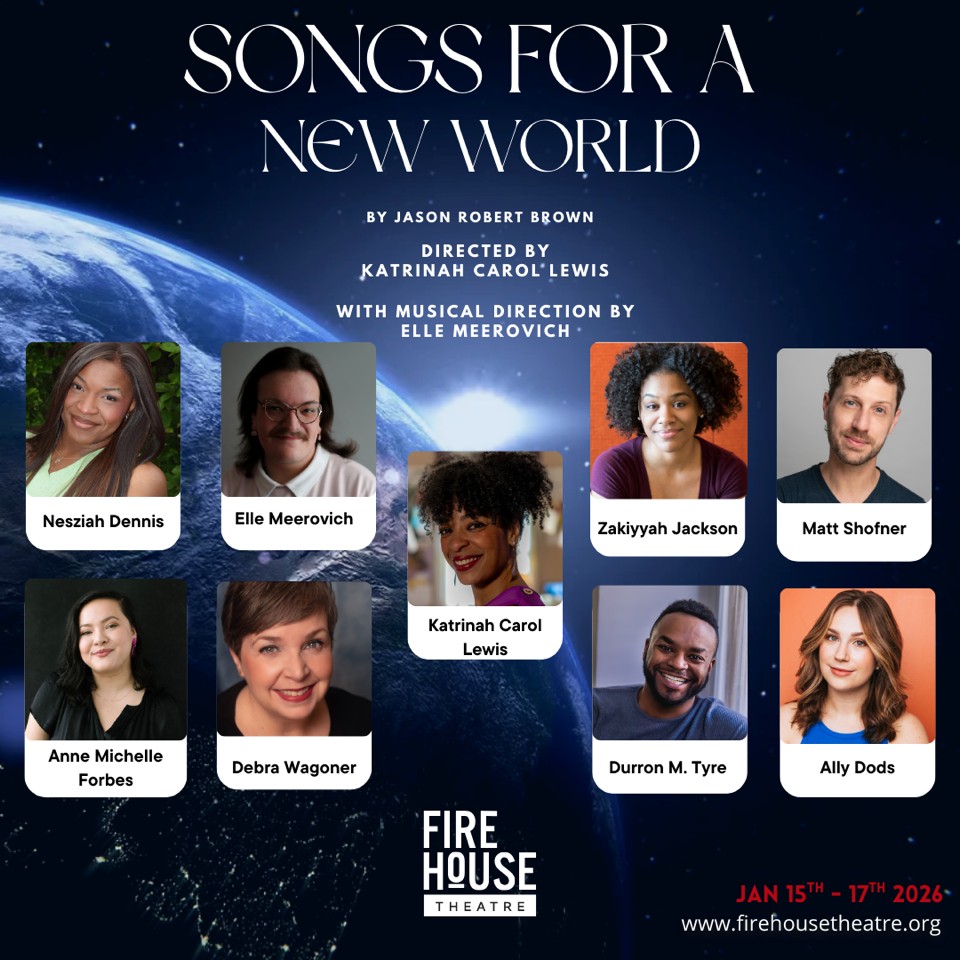Army veteran James Howard considers his spinal cord injury to be a blessing by misfortune,” he says. “It helped me find a new purpose in life – to help the disabled.”
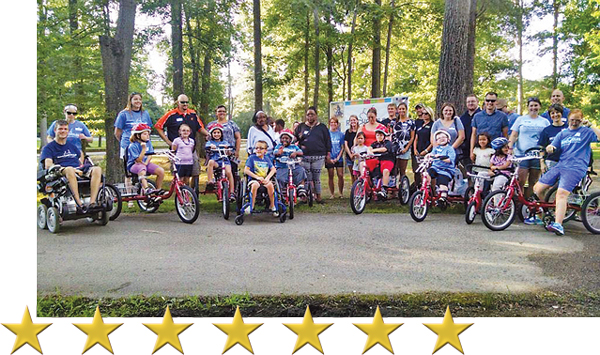
Howard began his military service after graduating from Virginia Military Institute. He spent his career with the 82nd Airborne, completing a variety of specialized courses such as Ranger and Special Forces.
Life in the armed service took its toll on Howard. Numerous military jumps resulted in spinal cord deterioration, and there were combat injuries in Iraq from a rocket-propelled grenade blast and an IED. In 2008, a tragic swimming accident while he was in the military left him a quadriplegic. He was medically retired as a Captain two years later.
Today, Howard may be confined to a wheelchair, but his injuries haven’t defined him or stopped the Lynchburg native from living a full life. Last year, he married the love of his life, Amanda. The couple has two English bulldogs that bring a lot of joy to the household.
Active in Mind and Body
A sports enthusiast, Howard discovered Sportable in 2015. The Richmond-based organization launched in 2005 and serves as an adaptive, paralympic sports club for people of all ages with physical and visual disabilities.
Annually, about 10 to 15 percent of the athletes who work out at Sportable are veterans like Howard. “To date, we have served twenty-eight veterans this year out of 300 people total,” says Hunter Leemon, executive director of Sportable.
Howard participates in a variety of sports with Sportable, everything from swimming to hand-cycling to rugby.
Engaging with Veterans
As a way to help other veterans get in touch with the power of sport, Howard founded his own nonprofit, Veterans and Athletes United (VAU), to empower wounded, injured, and ill veterans, and to honor fallen military heroes. “Since 2012, we have helped close to 4,000 veterans and their families through our programs, adaptive sports, accessible retreats, and job-networking opportunities,” he says.
The organization also emphasizes paying tribute to all the soldiers who died in the Global War on Terror through its VAU Fallen Heroes Memorial, a large American flag made with approximately 7,000 dog tags from those who have paid the ultimate sacrifice to fight the war on terror. “We want people to reflect on their memory,” Howard says. “We want to raise awareness of the sacrifice paid by our nation’s heroes that keep this country free and flying under one flag.”
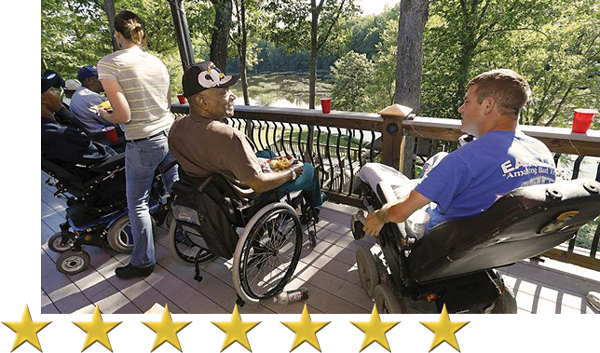
The flag travels all over the nation and is on display for the public. In between tours, it is headquartered at VAU’s veteran’s retreat in North Chesterfield and can be seen from a trail in Rockwood Park. On November 10 and 11, it will be on display to the public at the Independence Golf Club in Midlothian.
Building Community
Howard has met many other veterans playing sports with Sportable. Veterans often refer other veterans to the program. Leemon also recruits athletes from Hunter Holmes McGuire VA Medical Center and organizations such as Paralyzed Veterans of America and Wounded Warrior.
The organization offers twelve different programs that range from wheelchair basketball and rugby to cycling and kayaking. “We also have a training program for the 10K and the marathon each year,” Leemon says.
Through Sportable, the most popular programs for veterans are cycling, basketball, archery, and kayaking, he adds. “Of the adaptive paralympic sports, basketball has the most history. Veterans often like kayaking and cycling because it gives them the chance to feel free, especially if they are in wheelchairs.”
The program has intangible benefits for veterans, too, the biggest being a sense of community with their peers. “They become friends with fellow athletes,” Leemon says. “I think they like being with other veterans. We have athletes who look forward to our programming like being with extended family.”
Pamela Travis, retired Army Sergeant First Class, has participated in recumbent bike-riding with Sportable. She also plays tennis with the organization.
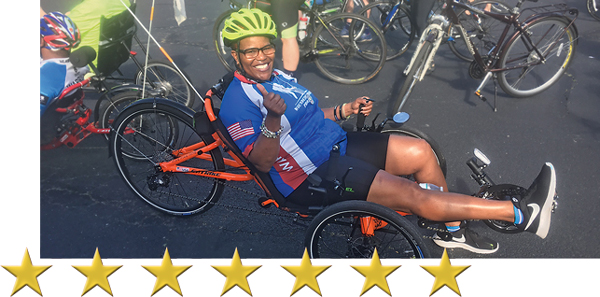
A 23-year Army veteran and the mother of three, Travis injured her back and knee in the Army and also suffers from post-traumatic stress disorder. She retired from the Army in 2012.
Travis’ kids saw the importance of exercising and staying fit in their mom’s life and followed her example. The veteran says living on a post when they were young gave her kids the opportunity to be involved in different sports activities. “They played soccer and football and went to Boy Scouts,” says 55-year-old Travis, now the grandmother of five grandchildren. “They enjoyed being military children.”
Travis, a contract specialist for Defense Logistics Agency, learned a lot about herself and life when she was in the military. “I learned discipline and how to go with the flow. I learned about not stressing and being flexible. I learned to have confidence in myself,” she says. “It let me know that I can do anything I put my mind to.”
Mobility Comes in all Forms
After establishing VAU to serve veterans, James Howard wanted to find a way to help children with disabilities. He created his second nonprofit, REACHcycles in 2014. This organization is dedicated to promoting mobility and independence in children, as well as veterans.
To participate in a disabled veterans’ cycling event, Howard had received an AmTryke therapeutic tricycle, which can be operated by hand and/or foot and is designed to accommodate riders of all ages, sizes, and degrees of physical limitations.
That bike gave Howard purpose and an opportunity to be with other veterans.
“I appreciated the gift, and I knew how the bike had helped me. It’s a great avenue to recovery,” he says. He wanted to help children with disabilities have that same kind of experience.
Requests for the bikes come from all over the area. Many children are referred by Sportable, physical therapists, and veteran’s organizations. Individual families can ask to be added to the REACHcycles Wish List as well.
“We have given out close to 400 adapted bikes to children,” Howard says. “When I see the smile on a child’s face after getting a bike on a day when I’m having a bad day, it makes me thankful… I had twenty-eight years before I was in a wheelchair.”
Mobility is also the goal for the adults involved with Howard’s original nonprofit, VAU. Veterans can take part in a variety of adaptive sports such as skiing, skydiving, wheelchair rugby, wheelchair basketball, and fishing. The organization also holds retreats throughout the mid-Atlantic. Last year, VAU helped more than 600 veterans and family members and held eighteen retreats, four events providing networking and job opportunities, and more than eight sports clinics. “We supported numerous veterans to attend clinics nationwide,” Howard says.
Participating in sports can give veterans a new purpose, he says. “When you think all is lost, you find that you can do what you love. It gives you new goals so you can focus on the good things you do have and not what you don’t have.”
Facing the Unknown
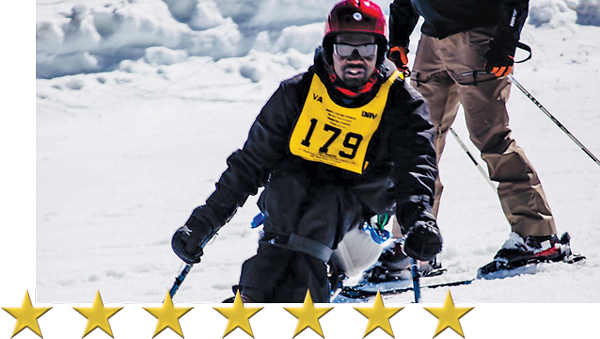
Forty-eight-year-old Preston Curry, an athlete with Sportable, joined the Army in 1992 after attending Virginia Union University. He was medically retired from the military in 1995 with a spinal cord injury as the result of an automobile accident when he was stationed in Georgia.
Curry, who has a 21-year-old daughter, completed his education, getting an associate’s and a bachelor’s degree in human services. He now works for Defense Logistic Agency.
The veteran’s injury doesn’t prevent him from participating in adaptive sports at Sportable – everything from cycling to archery. “I like bowling and nine-ball billiards,” he says. “I play tennis, singles and doubles, and wheelchair lacrosse on a competitive level. The other sports I do are for fun.”
Curry was stationed in Saudi Arabia during his military career. “It wasn’t like being in Iran and Afghanistan,” says the Virginia Beach native. “It was a different situation. We were able to relax.”
He and his fellow soldiers didn’t have access to anything outside of the base. “It was like a safe zone,” he says. “It was a very controlled environment for us.”
His spinal cord injury is rare. Although he is in a wheelchair, the veteran says he can walk short distances. “Like around the house or in a restaurant – as long as it doesn’t require me to stand up for a long time,” he says.
He takes pride in the fact that he can do everything an able-bodied person can do, but in a different way. “That’s the way I have approached my post-injury life,” he says. “When I look back on the past twenty-four years, I have been consistent with my mindset.”
Curry has always been a confident person but “not arrogant,” he says. “That has carried me through my injury. I never approach my injury saying, ‘I can’t do this.’”
The military helped reinforce the value of confidence and motivation and for “someone who is disabled, that’s big,” he adds. “I have seen and continue to see individuals with a spinal cord injury or disability approach it in a negative way. I think the results are different. We are all different and that is what makes us unique.”
Duty and Honor
The insight Howard gains from the veterans and people with disabilities he meets at Sportable and through his organizations often reflects the lessons he experienced in the Army.
“I learned about duty, honor, and discipline in the military. I learned that you never leave a fallen comrade, lead by example, and help others,” he says. “Getting involved with my two organizations helped me help veterans who come back with injuries.”
Howard always strives to do his best and focus on the positives, he adds. “You have to make the best of every day. When you walk away from near-death experiences, it makes you cherish every second.”


